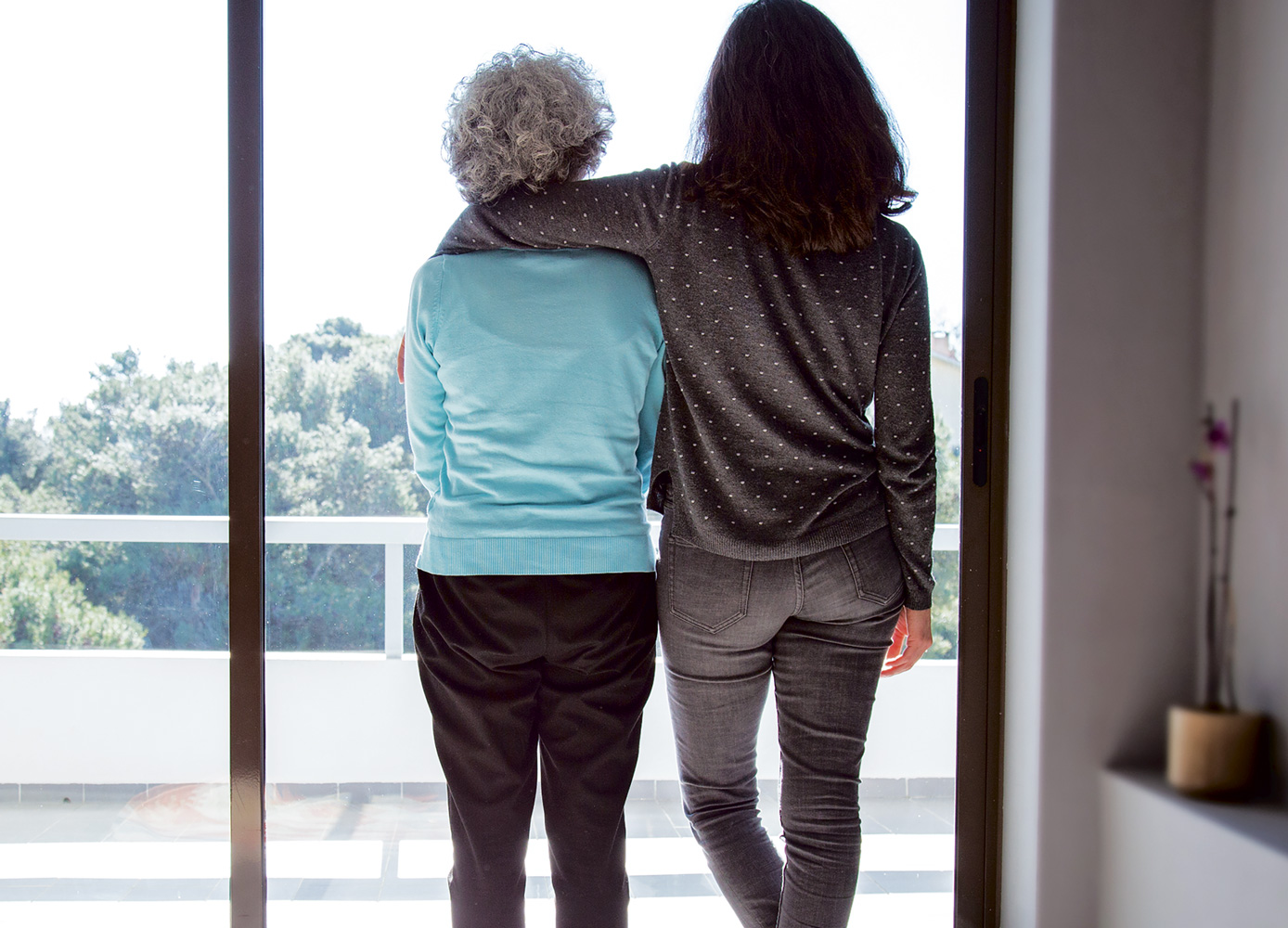Quality counts more than quantity when it comes to your social network
Photo: iStock/SeventyFour.
Older people may have fewer friends than young people, but that doesn’t mean they’re lonely. A study into friendships and relationships shows that while older adults tend to have fewer friends, they tend to be happier than young people who sustain larger social networks.
“Stereotypes of aging tend to paint older adults in many cultures as sad and lonely,” lead author Wändi Bruine de Bruin of the University of Leeds in England said in a statement. “Research shows that older adults’ smaller networks didn’t undermine social satisfaction and well-being. In fact, older adults tend to report better well-being than younger adults.”
While older adults have fewer friends and acquaintances, when surveyed, they reported higher quality relationships, likely because many of those relationships were sustained over decades.
The study’s finding were published in the journal Psychology and Aging.
Young people’s social networks tend to be larger, but young people seem to have a difficult time connecting to each other. They may also be around people who don’t value them and vice-versa.
“Loneliness has less to do with the number of friends you have, and more to do with how you feel about your friends,” Bruine de Bruin said. “It’s often the younger adults who admit to having negative perceptions of their friends. Loneliness occurs in people of all ages. If you feel lonely, it may be more helpful to make a positive connection with a friend than to try and seek out new people to meet.”
Bruine de Bruin hopes the study will help inform policy makers who want to address loneliness in their communities. While much of their attention has been placed on increasing the number of friends seniors have, the findings suggest the solution may be less complicated, she says.






